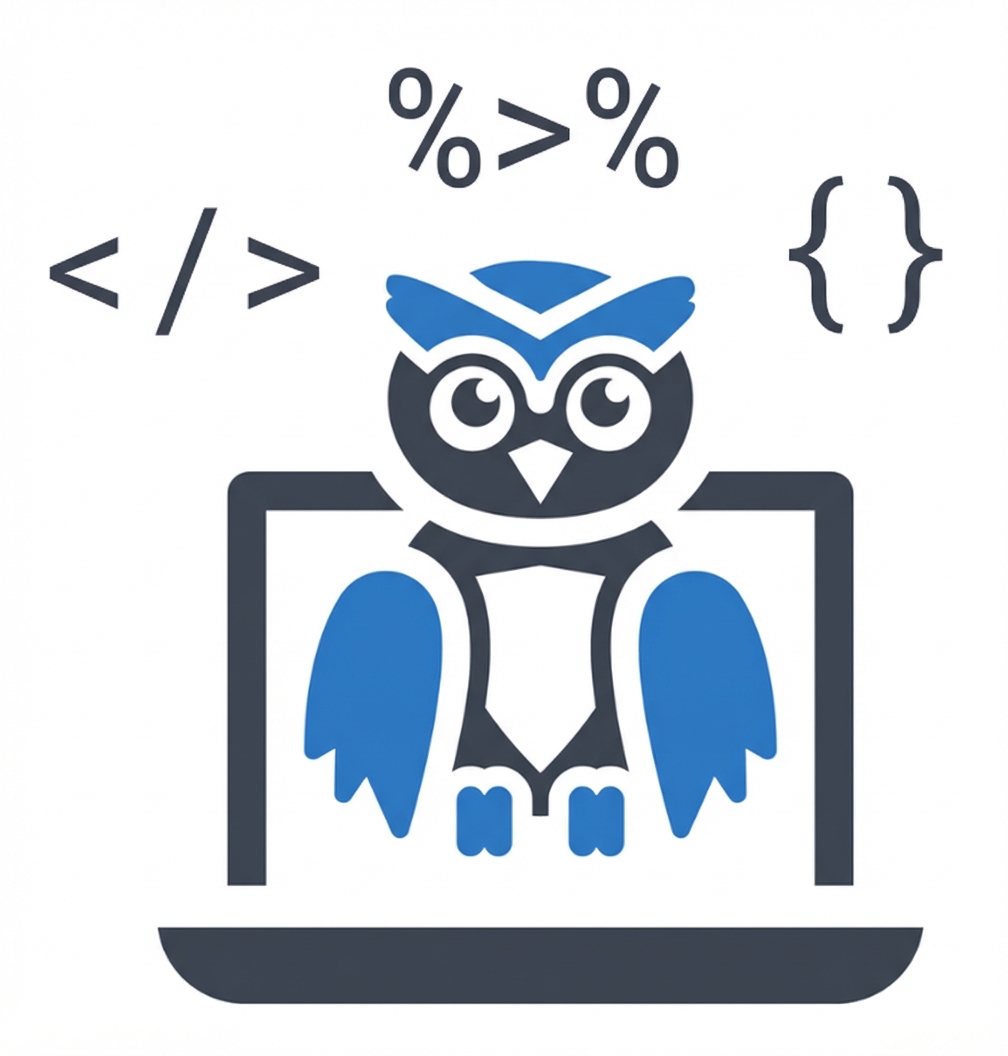Die Assistenzrolle nutzen
Arbeiten mit der OpenAI-API

James Chapman
Curriculum Manager, DataCamp
Chat-Completions für Aufgaben mit einem einzigen Schritt
response = client.chat.completions.create(
model="gpt-4o-mini",
messages=[{"role": "system",
"content": "You are a data science tutor."},
{"role": "user",
"content": "What is the difference between mutable and immutable objects?"}]
)
- System: steuert das Verhalten des Assistants
- User: Anweisen des Assistant
- Assistant: Antwort auf Benutzeranweisungen
Beispiele bereitstellen
- Das Modell in die richtige Richtung lenken
- Das Bereitstellen von Assistant-Nachrichten ist eine strukturiertere Art des shot-prompting
- Beispiel: Python-Programmierlehrer
- Beispielfragen und Antworten von Nutzern

Beispiele bereitstellen
response = client.chat.completions.create( model="gpt-4o-mini", messages=[{"role": "system", "content": "You are a Python programming tutor who speaks concisely."},{"role": "user", "content": "How do you define a Python list?"},{"role": "assistant", "content": "Lists are defined by enclosing a comma-separated sequence of objects inside square brackets [ ]."},{"role": "user", "content": "What is the difference between mutable and immutable objects?"}] )
Die Antwort
print(response.choices[0].message.content)
Mutable objects can be changed after creation (e.g., lists, dictionaries). Immutable objects
cannot be altered once created (e.g., strings, tuples).
- Experimentiere mit der Anzahl der Beispiele
System vs. Assistant vs. User
System → Wichtige Formatierung der Vorlage
Output the information in this format:
name | age | occupation
Assistant → Beispielgespräche
User → Kontext, der für die neue Eingabe gebraucht wird (oft nur einmalig)
Create a job advert for an AI Engineer. Use this job advert as a template:
Job Title: Data Engineer
...
Lass uns üben!
Arbeiten mit der OpenAI-API

